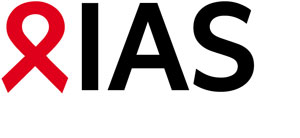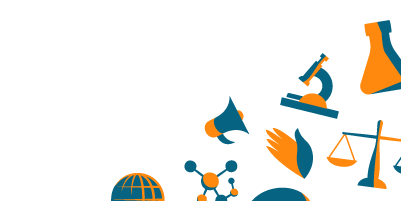 © Copyright 2022 – 2024 IAS – the International AIDS Society
© Copyright 2022 – 2024 IAS – the International AIDS Society
Contact us at [email protected]
This article was written and published by Richard Burnett on Tourism Montreal.
Montréal will host the 24th International AIDS Conference from July 29 to August 2. AIDS 2022 will convene 15,000 participants – leading scientists, policy makers and grassroots activists – both in Montréal and virtually at the world’s largest gathering on HIV and AIDS.
Montréal Manifesto
Montréal is just the fifth city — alongside San Francisco, Washington, Durban, and Amsterdam — to host the conference twice. Its first time in Montréal, in 1989, history was made when the New York founding chapter of the AIDS Coalition to Unleash Power (ACT UP New York) drove up to Montréal by bus for the conference. Joined by Canadian activists from AIDS Action Now! and Réaction-SIDA, some 300 protesters stormed the stage at the opening ceremony.
“Up until that June day, the conference was a members-only event for the AIDS establishment, a chance for scientists to hobnob with their fellow wizards while dispensing wisdom and press releases to beleaguered doctors and a fawning press,” writer and activist Ron Goldberg wrote in POZ magazine.
A member of ACT UP New York from 1987 to 1995, Goldberg wrote that up until that time people living with HIV/AIDS “were presented mainly as abstractions, their lives reduced to statistics on spreadsheets, their needs and desires mere sidelights to the noble pursuit of science … And then came Montréal.”
Goldberg observed, “I’ll never forget the sight of our ragtag group of 300 protesters brushing past the security guards in the lobby of the Palais des Congrès, the fleet of ‘Silence = Death’ posters gliding up the escalator to the opening ceremony or our chants thundering throughout the cavernous hall. There we were, the uninvited guests, taking our rightful place at the heart of the conference.”
The activists would publish the historic Montréal Manifesto, an international bill of rights for people living with HIV/AIDS. Some years later, famed writer, LGBTQ icon and a founder of ACT UP, Larry Kramer told this journalist, “Montréal was very important because of what we accomplished.”
Making history in Montréal
When the International AIDS Society (IAS) announced Montréal as host city for AIDS 2022, it pointed out that Montréal is greatly “remembered as the moment when advocacy first took centre stage.”
Montréal was also an AIDS research hub. In fact, it was the Montréal lab of Dr. Mark Wainberg – director of the McGill University AIDS Centre at the Jewish General Hospital until his untimely death in 2017 — that helped identify lamivudine (3TC) as an antiviral drug that is now one of the most widely used drugs in the treatment of HIV.
In choosing multicultural, open-minded and steadfastly inclusive Montréal to host AIDS 2022, the IAS noted that “Montréal remains a leading centre for HIV research” and stated “Canada’s reputation for global leadership in the HIV response, excellence in implementation science and progressive people-first policies have strongly influenced the focus and objectives of AIDS 2022.”
Anthony Fauci in Montréal
Featured speakers at AIDS 2022 include famed immunologist Dr. Anthony Fauci of the U.S. National Institute of Allergy and Infectious Diseases.
“Following COVID-19 vaccine discovery, we are closer than ever before to an effective HIV vaccine and even on a path towards a cure,” AIDS 2022 Local Co-Chair Dr. Jean-Pierre Routy of McGill University said in a statement.
“Breakthroughs in testing and treatment have improved the global response. Communities most affected by HIV continue to push for greater inclusion and accountability. Montréal welcomes our colleagues and allies from all over the world at a truly exciting time for HIV research, policy, and programmes.”
Legendary Montréal AIDS activist Roger Le Clerc says much has changed since ACT UP Montréal founded Parc de L’Espoir, Montréal’s renowned AIDS memorial park, in 1991.
“When Montréal hosted the 1989 AIDS conference, people were dying of AIDS every day while local AIDS support groups couldn’t get government financing,” Le Clerc recalls. “Our protest at the conference helped change that. Over the years a critical mass of Montréal doctors, researchers and scientists were dedicated to fighting HIV/AIDS around the world. We are still waiting for a cure, but Montréal hosting AIDS 2022 shows how far we have all come since Montréal’s historic 1989 conference.”
“I’ll never forget the sight of our ragtag group of 300 protesters brushing past the security guards in the lobby of the Palais des Congrès, the fleet of ‘Silence = Death’ posters gliding up the escalator to the opening ceremony or our chants thundering throughout the cavernous hall. There we were, the uninvited guests, taking our rightful place at the heart of the conference.”




